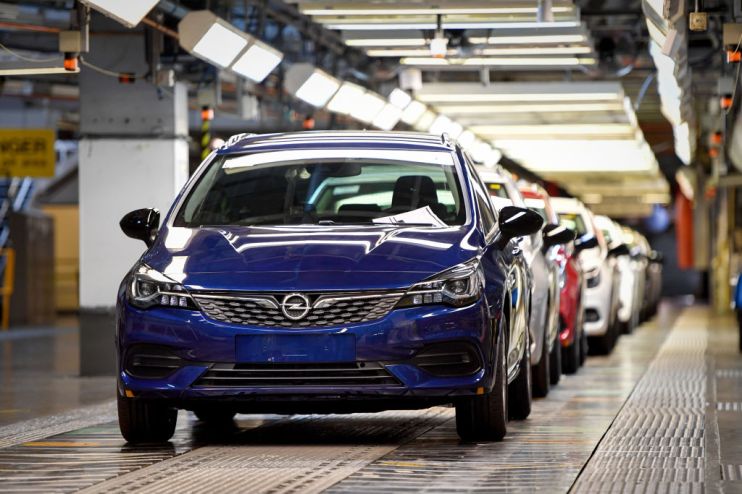EU carmakers could lose £3.69bn due to post-Brexit tariffs

European automakers have said they could lose €4.3bn (£3.69bn) and cut production of nearly 500,000 vehicles, if the EU does not delay putting in place tariffs between the EU and UK.
According to the Financial Times, the European Automobile Manufacturers Association (Acea), has said that China would benefit if the EU does not agree to delay changes from 2024 to 2027.
EVs delivered between the UK and EU will face 10 per cent tariffs from next January under post-Brexit ‘rules of origin’ laws, which place tariffs on vehicles if less than 45 per cent of the value of the components are sourced within the areas.
Sigrid de Vries, director-general of Acea told the Financial Times: “Money is being spent to support electrification and the building of a European supply chain is accelerating. But it needs time. We have all been too optimistic.”
“We are not asking to change the Trade and Cooperation Agreement (TCA)… we just need more time,” she said, later stating that China would ultimately be the biggest winner if a delay to the TCA was not imposed.
It comes after a number of car manufacturers with a major presence in the UK warned the government that ‘rules of origin’ could greatly damage production.
Vauxhall-owner Stellantis said last month that it could be forced to close a UK factory as a result of the post-Brexit arrangements.
Mike Hawes, chief executive of the Society of Motor Manufacturers and Traders (SMMT) said in May that “the rules of origin for batteries pose a significant challenge to manufacturers on both sides of the Channel, with the prospect of tariffs and price increases which discourage consumers from buying the very vehicles needed to achieve climate change goals.”
“At a time when every country is accelerating their transition to zero emission transport, and global competitors are offering billions to attract investment in their industries, a pragmatic solution must be found quickly.”
The EU is a major EV export market for Britain, but the bloc still sends far more vehicles to the UK and as a result, would have to pay far more.
De Vries told the Financial Times that the UK is the “number one” market for European carmakers, with a quarter of EVs delivered to the island.